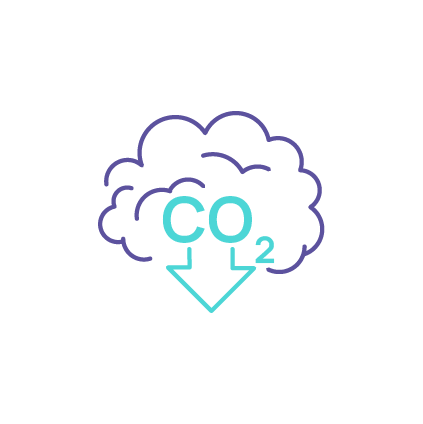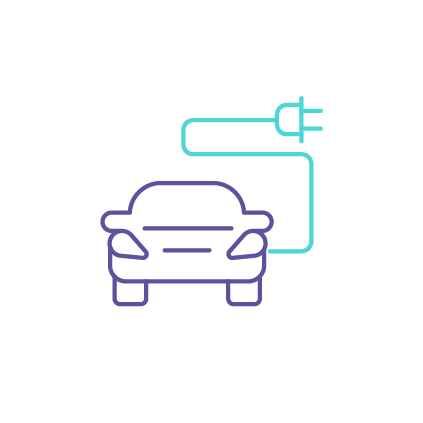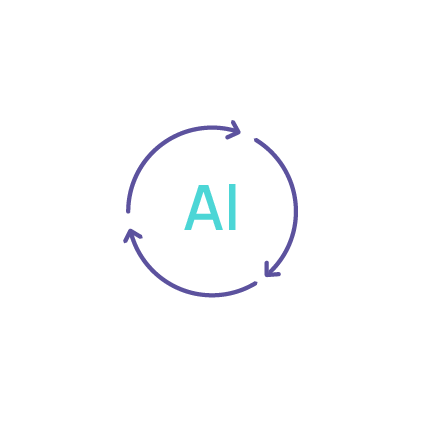The many benefits of using aluminium in cars

A lighter car with a lower carbon footprint
By making vehicles lighter using aluminium, they use less fuel and emit fewer emissions without compromising safety. Aluminium’s lightweighting properties enable cars produced in Europe this year to prevent 50 million tonnes of CO2 emissions during their lifetime.

Better range for electric vehicles
Aluminium helps electric and hybrid cars stay light, which is one of the most effective ways to improve a vehicle’s energy efficiency. The lighter the vehicle is, the longer it can drive on one charge, saving time and money.

More protection for safer cars
An aluminium crash box folds predictably and absorbs twice as much crash energy per kilogram as a steel solution. With only a third of the density of steel, aluminium crash-sensitive components can be made with a greater wall-thickness and still reduce weight. Furthermore, aluminium extrusions offers design flexibility that, together with aluminium sheet and casting components, makes aluminium the preferred solution for safety-critical components like battery boxes and bumpers.

Improved recycability
In today’s modern plants, 95% of aluminium in an end-of-life vehicle is successfully and profitably re-used or recycled into new aluminium products, substituting primary aluminium. Recycling aluminium is great for the environment and uses only 5% of the energy required to produce primary aluminium.